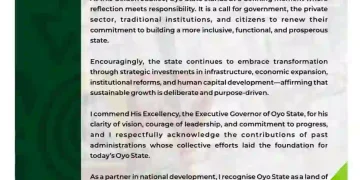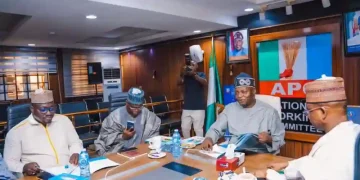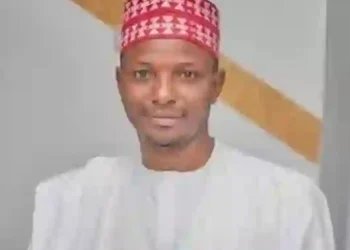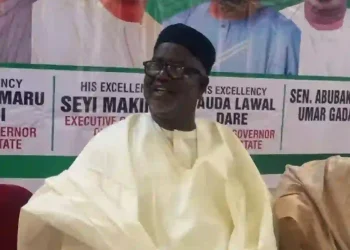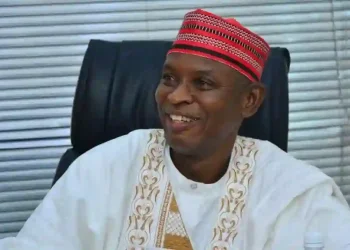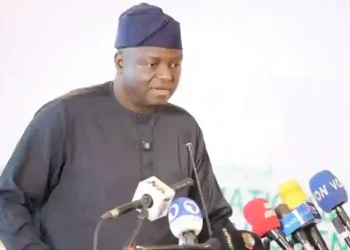The African Democratic Congress (ADC) in Ogun State has strongly criticized Governor Dapo Abiodun’s recent decision to appoint 1,200 political assistants, questioning the timing and financial burden of such appointments during a period of widespread economic difficulty.
In a statement released on Sunday, ADC Chairman Otunba Olufemi Soluade expressed scepticism about the governor’s move, which the state government has defended as an initiative to strengthen grassroots democracy. According to Soluade, the appointments fail to address the pressing developmental needs facing residents of Ogun State.
“This decision does not reflect the urgent priorities that our people are facing,” the party chairman stated, emphasising that resources allocated to these positions could have been better utilised elsewhere.
Call for Alternative Investment Priorities
The opposition party argued that the substantial financial resources required for the 1,200 appointments should instead be channelled toward addressing critical challenges in the state, including:
- Rising unemployment rates
- Healthcare system deficiencies
- Educational infrastructure gaps
- General infrastructure development needs
The ADC maintains that such investments would have a more direct and measurable impact on improving the lives of ordinary citizens.
Commitment to Constructive Opposition
Despite their criticism, the ADC reaffirmed their role as a constructive opposition party. The organisation emphasised its commitment to continued monitoring and evaluation of government decisions, ensuring that policies serve the best interests of Ogun State residents.
The party also called on civil society organisations and citizens to remain actively engaged in the democratic process, advocating for governance that prioritises sustainable development and inclusive economic growth.
This criticism comes at a time when many Nigerian states are grappling with budget constraints, and citizens are experiencing increased cost-of-living pressures. The debate highlights ongoing tensions between political patronage systems and development spending priorities in state governance.
The ADC’s statement reflects broader concerns about resource allocation in government, particularly regarding whether large-scale political appointments represent the most effective use of public funds during economically challenging times.




